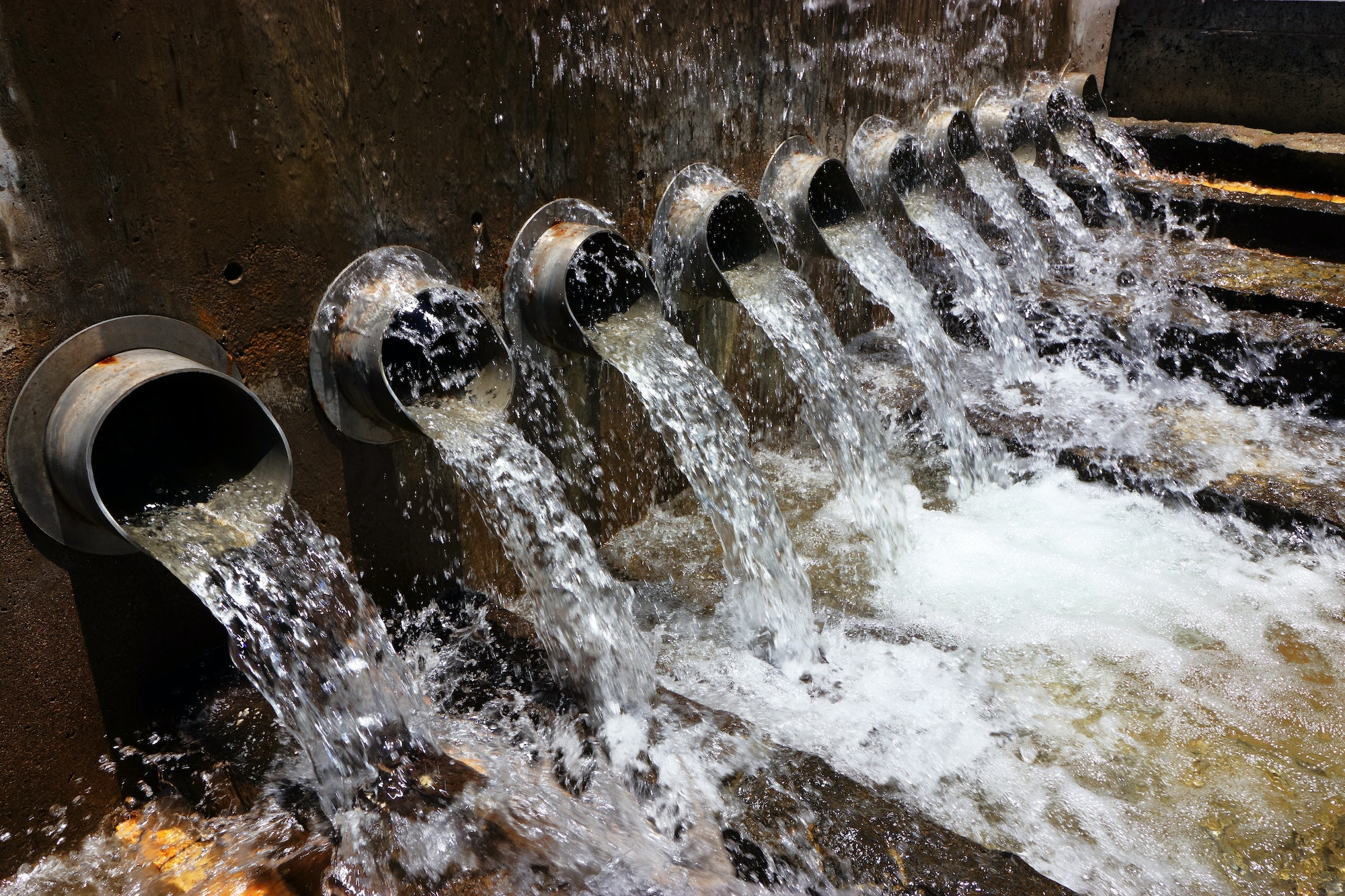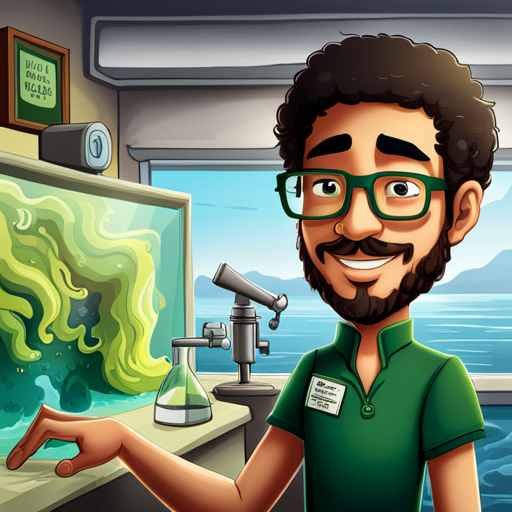Algae-based wastewater treatment has been gaining increasing attention in recent years due to its eco-friendly and cost-effective nature. The process involves the use of microalgae to remove contaminants from wastewater, as well as the potential for biomass production that can be converted into valuable bioproducts, such as biofuels, fertilizers, and animal feed. However, despite the promising potential of algae-based wastewater treatment systems, several challenges need to be addressed to optimize their performance and pave the way for large-scale implementation.
One of the main challenges in algae-based wastewater treatment is the selection of suitable microalgal species. The ideal microalgal species for wastewater treatment should have a high growth rate, strong contaminant removal capability, and high biomass productivity. Additionally, the selected microalgae should be resistant to various environmental stressors, such as temperature fluctuations and high contaminant concentrations. Researchers are continuously exploring various microalgal species for their suitability in wastewater treatment applications and optimizing their growth conditions to enhance their performance.
Another challenge associated with algae-based wastewater treatment is the effective harvesting of microalgae biomass from treated water. Traditional harvesting methods, such as sedimentation, centrifugation, and filtration, are often energy-intensive and expensive. Moreover, these methods may not be effective in recovering small-sized or low-density microalgae cells. Therefore, innovative harvesting techniques need to be developed to improve the efficiency and affordability of microalgae biomass recovery. Some promising techniques under investigation include flocculation, flotation, and ultrasonic-assisted methods.
The efficient conversion of harvested microalgal biomass into valuable bioproducts is another important aspect of algae-based wastewater treatment systems. The conversion processes should be optimized to maximize product yield and minimize energy consumption. For instance, improving lipid extraction methods for biofuel production or developing efficient anaerobic digestion processes for biogas generation can enhance the overall sustainability of algae-based wastewater treatment systems.
Furthermore, the economic viability of algae-based wastewater treatment systems is a critical factor that needs to be addressed. The cost of algal cultivation, biomass harvesting, and bioproduct conversion should be competitive with conventional wastewater treatment methods and alternative biomass sources. To achieve this, researchers are focusing on improving process efficiencies, reducing energy consumption, and identifying high-value bioproducts that can be derived from microalgae biomass. Additionally, integrating algae-based wastewater treatment with other waste management practices, such as anaerobic digestion or composting, can help in reducing costs and improving the overall sustainability of waste management systems.
Despite these challenges, the future prospects for algae-based wastewater treatment remain promising. Advances in microalgal genetics and synthetic biology can help in engineering microalgae strains with enhanced growth rates, contaminant removal capabilities, and biomass productivity. Moreover, the development of innovative technologies for microalgae cultivation, harvesting, and bioproduct conversion can significantly improve the efficiency and cost-effectiveness of algae-based wastewater treatment systems.
In conclusion, algae-based wastewater treatment holds great potential as an eco-friendly and sustainable solution for addressing global water pollution issues. However, overcoming the current challenges associated with microalgal species selection, biomass harvesting, and bioproduct conversion is crucial for large-scale implementation of this technology. Continued research and innovation in these areas can pave the way for harnessing the power of algae for effective wastewater treatment and valuable bioproduct generation.


